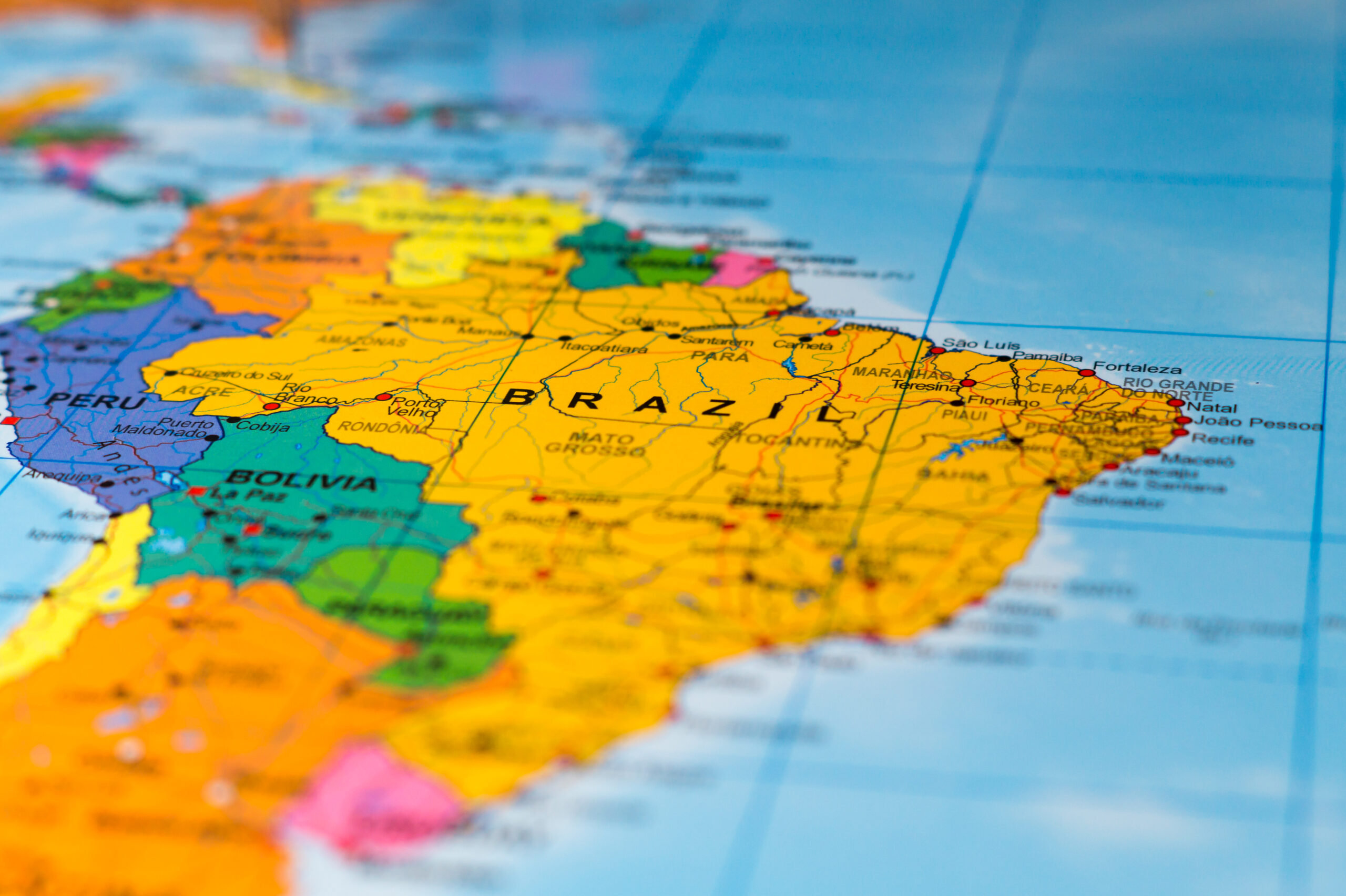Connect with us
Published
8 months agoon

Cannabis and drug reform advocates have long stood by the sentiment that the War on Drugs was an oppressive, failed venture that’s done more harm than good, and now leaders from Latin America and the Caribbean appear to be coming to a similar conclusion. According to a joint statement from 19 Latin American and Caribbean nations, leaders are calling for a new frame of thinking surrounding the global War on Drugs, looking instead to focus on “life, peace and development” in the region. At the Latin American and Caribbean Conference on Drugs which took place over the weekend, the countries said that the current approach to combat the world drug problem has not led to expected outcomes, “leaving in many cases the underlying problems to be solved and exploiting and exacerbating vulnerabilities of our territories and societies.” The statement is backed by representatives of Argentina, Bolivia, Brazil, Chile, Colombia, Costa Rica, Cuba, Ecuador, El Salvador, Guatemala, Honduras, Mexico, Nicaragua, Panama, Paraguay, Peru, Dominican Republic, Uruguay, and Venezuela. Colombian President Gustavo Petro said that the country and Mexico “are the biggest victims of this policy” and likened the drug war to “a genocide.” The two countries have also been some of the most vocal of the bunch calling for policy reform. “What I propose is to have a different and unified voice that defends our societies, our future and our history, and to stop repeating a failed speech that has already failed,” Petro said, according to a translated statement. He added that Latin Americans must raise their voices “without shame, because we have nothing to hide, because those who have made the mistakes are not really us. We are the ones who have put the blood. We are the ones who have caused the pain. We are the ones who have destroyed our beauty.” Petro also said that looking at drug control “as a military problem and not as a health problem in society” and that now is the time to tell the Latin American people to rebuild hope, not by “repeating small wars and wars that are so bloody and ferocious, so wrong, like the so-called war on drugs.” He also indicated that the correct way to tackle the problem is not by cutting the drug supply but by reducing the demand for drugs in general. “Every dollar invested in reducing demand helps the family prevent addiction from occurring. Every dollar that goes to the public hospital, to the doctor, to mental health, to psychologists, to kindergartens, to creating love, helps reduce the demand for drugs,” he said, adding that every dollar that goes toward cutting drug supply increases the price. Should price increase, Petro said, drug traffickers are simply given more means to buy weapons, armored vehicles, missiles, and politicians. The joint statement covers 17 points in detailing potential reforms moving forward, reiterating their commitment to address the world drug problem, recognizing that the expected results have not been obtained in some countries when it comes to truly addressing the underlying problems that have yet to be resolved in those respective regions and affirming that the best way to move forward is by working together for better solutions. The statement cites specific ways to move forward but generally calls for “collective reflection,” taking broader factors into account, such as individuals, families, communities and society as a whole, including those affected by violence and crime, with a goal of “promoting development, protecting health, social inclusion, security and well-being in Latin America and the Caribbean, with a perspective of human rights, gender and sustainable development.” The joint statement also referenced that plants with a tradition of ancestral use should be reevaluated for “require their reevaluation for traditional, medical, industrial and scientific uses, with a view to improving the coherence and effective implementation of the [global] treaty system with respect to the control of plants and their processed products.” Still, representatives also recognized “the need to strengthen the control and oversight mechanisms in countries where diversion of plants of ancestral use occurs.” While the move is historic, some felt that it was not enough. Colombia Minister of Justice Néstor Osuna said he hoped that “we will move to a world without illegal drug economies, with responsible, reasonable regulation of cocaine, heroin, opioids, cannabis,” according to the Latin American Post, despite the fact that varying international drug laws currently make this goal somewhat unattainable. Colombian Rep. Juan Carlos Losada, praised Osuna’s comments on X, formerly known as Twitter, and likened them to “the support of the national government to advance the regulation of adult-use cannabis.” “This is the first big step to change the failed fight against drugs,” he wrote alongside a hashtag translating to “It’s Time to Regulate.” Losada and Sen. María José Pizarro also recently reintroduced a cannabis legalization bill in August after it was rejected by the Senate in June, citing that the stage is finally set for the legislation to pass this time around. Similarly, Mexican lawmakers have crafted a number of cannabis reform proposals over the past few years, though none of them have passed.


Clinical Trial To Assess LSD Microdosing For PMS


Survey: High-THC Flower Yields Few Serious Side Effects in Patients


Connecticut House Approve Bill Regulating Hemp Products


Hemp Clothing Market to Hit $23B by 2031, Report Predicts


Despite City Efforts, Hemp Shops Posing as Dispensaries Prevail in Las Vegas


Cannabis Community, Investors React to DEA Decision To Reschedule
